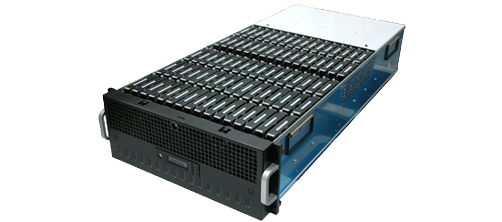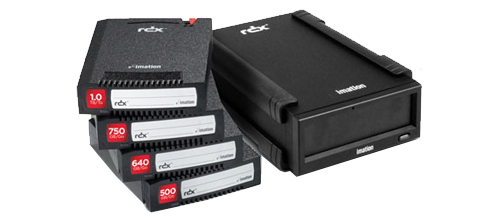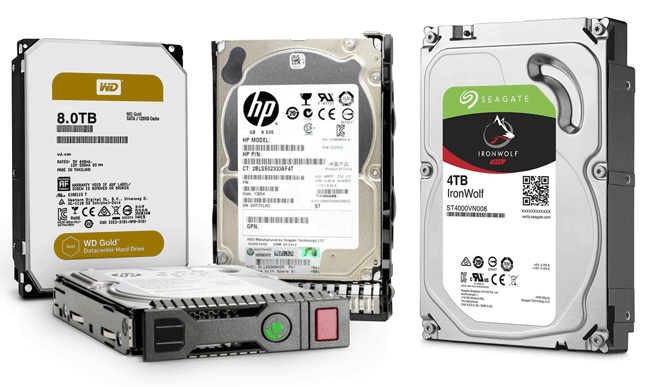A DAS disk array is a Direct Attached Storage. It is a single hardware product full of disks (or SSDs) and allows for expansion of storage to a single server. Some DAS products allow for up to 2 or 3 servers to be simultaneously connected.
DAS is a low cost option to add reliable and expandable storage to either a new or existing server.
These products often have single or dual controllers as well as dual power supplies, to allow for redundancy, so will compliment an existing server setup.
DAS products are often vendor neutral, so a product from In-Win or Supermicro, for example, can work seamlessly with any vendor or model of server - all that's needed is a suitable interface card such as a RAID or HBA controller.

It goes without saying that backing up your data is the single most important IT related job you should be doing. It's not the end of the world if your system goes down and you can restore your data, but imagine if you didn't have any recent backups that could restore all of your data to get you back up and running.
Backing up data doesn't need to be expensive, so there really isn't an excuse to do frequent backups to keep you protected.
We offer a range of backup solutions to suit many customer types - from small home offices through to enterprise, we can offer the full range of backup types, including Tape and HDD/Disk based, from simple external RDX based backup through to large tape autoloaders with huge capacities and redundancy.

Server hard drive should be always ready to respond to many requests with minimal latency and to provide a high level of data integrity.
Compatibility : Windows, Windows Server, Linux, and Mac OS
Designed for 24x7x365 reliability at workloads up to 550TB per year High level of reliability with up to 2.5 million hours MTBF. Compatibility: Windows, Windows Server, Linux, and Mac OS
RAID-specific time-limited error recovery (TLER)
The server hard disk drive must meet stringent requirements:
Reliability — unrecoverable data loss can result in multi-million dollar and reputational losses;
Performance — servers are designed to handle multiple requests;
Response Time — users don’t have to wait until the server disk “awaken” and process their requests.
